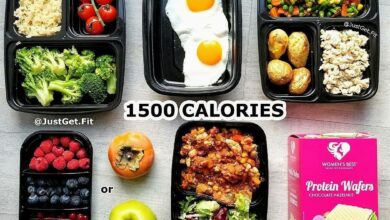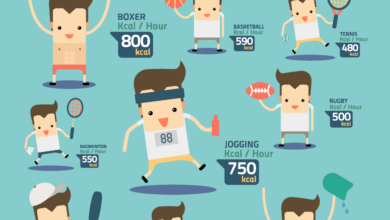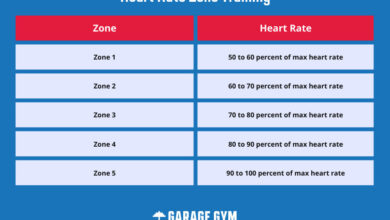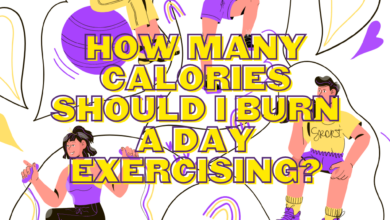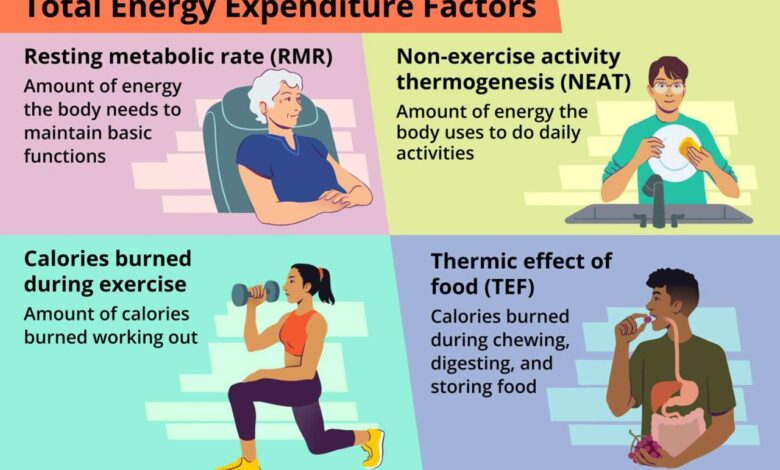
Could Eating a Big Breakfast Boost Your Calorie Burn?
Could eating a big breakfast increase calorie burn? It’s a question that’s sparked debate among health enthusiasts and nutrition experts alike. The idea of fueling your metabolism with a hearty morning meal is tempting, but does science back it up?
We’re diving into the world of breakfast, calorie expenditure, and the fascinating interplay between food and our bodies to explore this intriguing concept.
Our bodies are complex systems, and the way we eat can have a significant impact on how we function throughout the day. A large breakfast might trigger a higher metabolic rate, leading to increased calorie burning. This could be due to the body’s thermogenic response, the process of burning calories to digest and process food.
However, the influence of a big breakfast goes beyond simply raising our metabolic rate. It also affects our hormone levels, impacting our hunger cues and potentially influencing our exercise performance. Let’s explore these fascinating aspects in more detail.
Research Findings and Studies: Could Eating A Big Breakfast Increase Calorie Burn
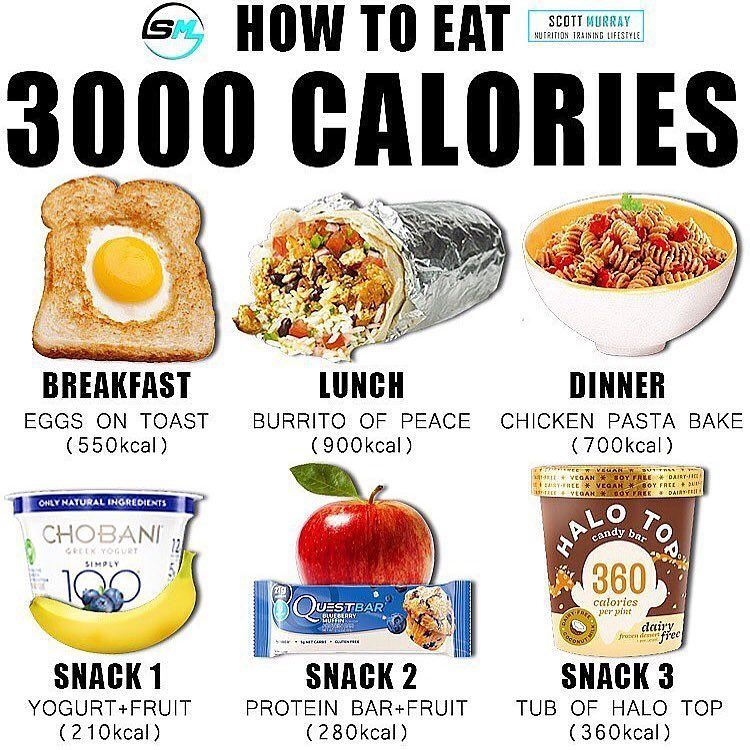
The question of whether a large breakfast can boost calorie burn has sparked considerable research interest. Numerous studies have explored the relationship between breakfast size and energy expenditure, with varying methodologies and results.
Key Findings from Research Studies
Several studies have investigated the effects of breakfast size on calorie expenditure, yielding mixed results. Some studies have found that consuming a larger breakfast may lead to increased calorie burn throughout the day, while others have shown no significant impact.
- A study published in the American Journal of Clinical Nutrition (2008) found that individuals who consumed a larger breakfast (600 calories) had a higher resting metabolic rate (RMR) and burned more calories throughout the day compared to those who consumed a smaller breakfast (300 calories).
- Another study published in the International Journal of Obesity (2013) showed that consuming a large breakfast (700 calories) led to a significant increase in energy expenditure, particularly during the first 3 hours after breakfast, compared to a smaller breakfast (350 calories).
- However, some studies have failed to find a significant association between breakfast size and calorie burn. A study published in the Journal of the American College of Nutrition (2014) found no difference in calorie expenditure between participants who consumed a large breakfast (600 calories) and those who consumed a smaller breakfast (300 calories).
Methodologies Used in Research Studies, Could eating a big breakfast increase calorie burn
Researchers have employed various methodologies to investigate the relationship between breakfast size and calorie burn. Some studies have utilized indirect calorimetry, a technique that measures oxygen consumption and carbon dioxide production to estimate energy expenditure. Others have used doubly labeled water, a technique that involves consuming water containing stable isotopes of hydrogen and oxygen to track energy expenditure over a longer period.
- Indirect calorimetry is a commonly used method to measure energy expenditure in controlled settings, but it requires participants to remain in a laboratory setting for extended periods.
- Doubly labeled water is a less intrusive method that allows for the measurement of energy expenditure over a longer period, but it is more expensive and requires specialized equipment.
Areas for Further Research
Despite the growing body of research on this topic, further investigation is needed to clarify the relationship between breakfast size and calorie burn.
- Future research should focus on exploring the long-term effects of breakfast size on calorie expenditure, as most studies have investigated the short-term effects.
- It is also important to investigate the impact of breakfast composition on calorie burn, as the macronutrient content of breakfast may play a role in energy expenditure.
- Further research is needed to understand the mechanisms by which breakfast size may influence calorie burn, including its effects on hormones and metabolic rate.
End of Discussion
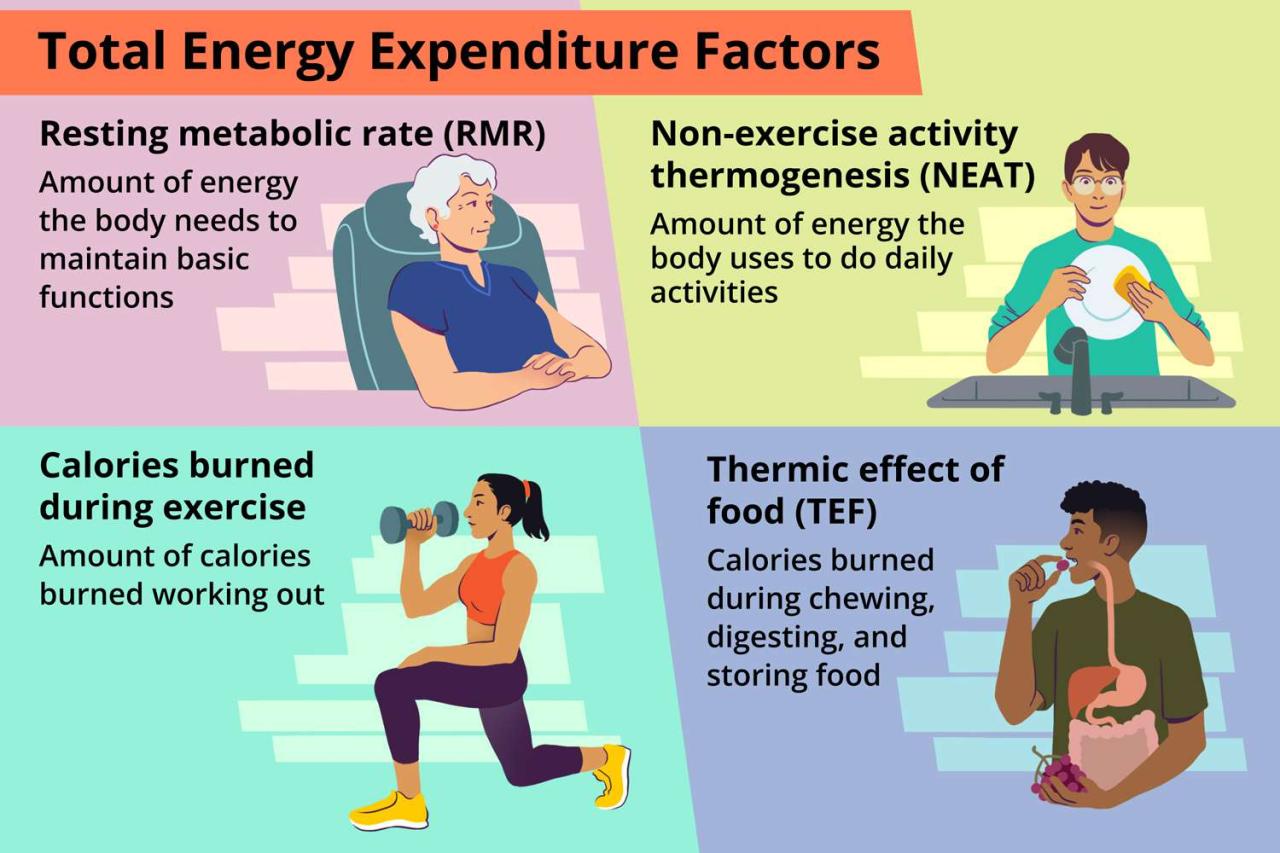
The relationship between breakfast size and calorie burn is complex and multifaceted. While a large breakfast might offer some metabolic advantages, individual factors, dietary composition, and overall lifestyle play a crucial role. It’s essential to consider your personal needs and goals when making breakfast choices.
Remember, there’s no one-size-fits-all approach to healthy eating. The key is to find a breakfast routine that supports your well-being and helps you achieve your desired results. So, experiment, listen to your body, and enjoy the delicious journey of finding the perfect breakfast for you!
So, you’re wondering if a big breakfast can really rev up your calorie burn? It’s a common question, and while the science is still evolving, one thing is clear: a balanced diet rich in veggies is key for overall health and energy.
Check out these 5 ways to up your vegetable game to make sure you’re getting the nutrients you need. And who knows, maybe those veggies will give your metabolism a little boost too, leading to a more sustainable calorie burn throughout the day!
I’ve been experimenting with different breakfast strategies to see if I can boost my calorie burn, especially since I’m training for my first ultra-walk. I’m curious if a big, protein-packed breakfast could give me the sustained energy I need for those long distances.
If you’re also interested in ultra-walking, check out this comprehensive guide: everything you need to know about ultra walking. It covers everything from training plans to gear recommendations. Back to my breakfast dilemma, I’m planning to track my calorie intake and burn over the next few weeks to see if there’s a noticeable difference.
Stay tuned for my findings!
So, you’re wondering if a big breakfast can actually boost your calorie burn? It’s a fascinating idea, and while the research is still ongoing, there’s definitely a connection between eating habits and metabolism. To keep things interesting and delicious, you might want to check out 8 RD approved pumpkin flavored snacks to buy at Trader Joe’s.
These snacks are packed with flavor and nutrients, and they might just be the perfect addition to your morning routine. After all, a healthy breakfast is a great start to a day filled with energy and activity, which ultimately can contribute to a higher calorie burn.


